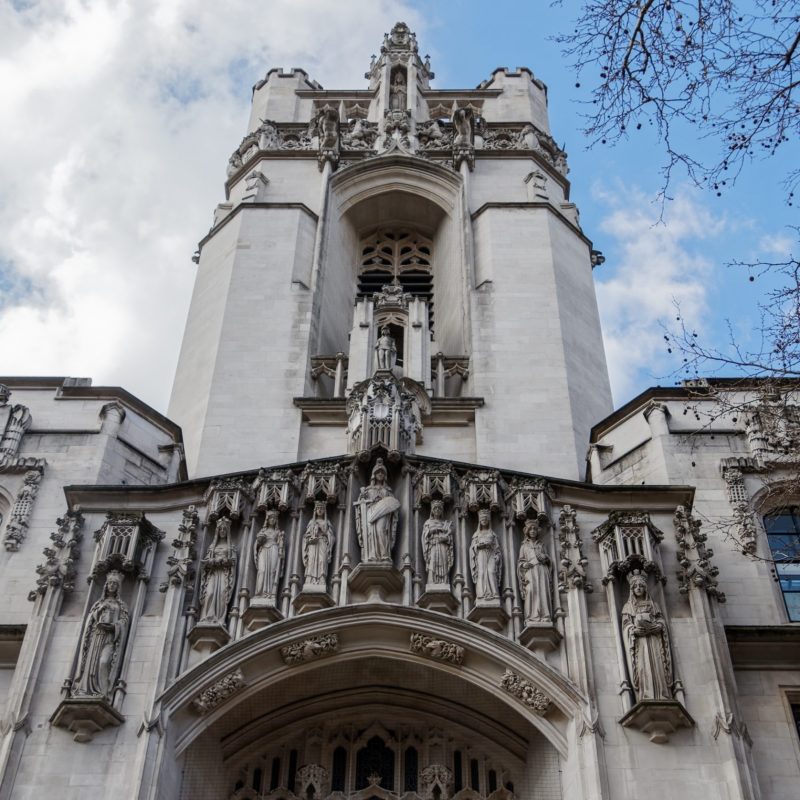INTRODUCTION
The Supreme Court has handed down judgment in Kostal UK Ltd v Dunkley and others [2021] UKSC 47, an important decision for collective bargaining. It held that the employer (Kostal) was in breach of s. 145B of the Trade Union and Labour Relations (Consolidation) Act 1992 (the “1992 Act”) by making offers of a change to the terms and conditions of employment directly to employees and bypassing the procedure for collective bargaining agreed with Unite the Union (“Unite”).
THE FACTS
The claimants were members of Unite employed by Kostal as shop floor or manual workers. In February 2015 Kostal and Unite entered into a non-legally binding Recognition and Procedural Agreement which established a procedure for collective bargaining.
In October 2015 Unite and Kostal entered into formal negotiations for a change to annual pay. In December, Kostal’s offer was put to a ballot of union members. It was rejected by nearly 80% of those voting. Kostal then made the same offer directly to employees, stating that they would not receive a Christmas bonus if they did not agree by a certain date. Importantly, this offer bypassed the final stage of the agreed procedure for collective bargaining (a reference to ACAS for conciliation).
By January, 91% of eligible employees had accepted the offer. At the end of January Kostal made a similar offer to the remaining employees, warning that non-acceptance may lead to the termination of their contracts with notice.
In November 2016 Kostal and Unite reached a collective agreement in substantially the same terms as the original offer.
THE SUPREME COURT’S DECISION
acceptance of the offer, together with other workers’ acceptance of offers which the employer also makes to them, would have the “prohibited result” – namely “that the workers’ terms of employment, or any of those terms, will not (or will no longer) be determined by collective agreement negotiated by or on behalf of the union”, and (b) the employer’s sole or main purpose in making the offers is to achieve that result (the “prohibited purpose”).
The question for the Supreme Court was as to the scope of the “prohibited result”. Lord Leggatt (giving the judgment for the majority) held that an offer made directly to employees will have the prohibited result if “there was a real possibility that the terms in question would have been determined by collective agreement”. In other words, an employer will breach s. 145B if they seek to bypass an agreed procedure for collective bargaining, but not if that procedure has been exhausted and the parties have reached an impasse.
A BALANCED RESULT
The Supreme Court’s decision strikes an important balance between an employer’s interest in individual negotiation of the contract of employment, and the employee’s right for their union to have a seat at the negotiation table. In essence, the court decided that if an employer has agreed a procedure for collective bargaining with a union, it must respect that procedure before approaching employees directly. However, and importantly for employers, individual negotiation is not prohibited altogether. Lord Leggatt rejected the “far-reaching” submission for the claimants that any direct offer, the acceptance of which meant that at least one term of employment would be determined by direct agreement and not collectively, was sufficient to breach s. 145B: s. 145B is not a right to have every term of employment determined by collective bargaining. It simply imposes limits on individual negotiation in circumstances where the employer has agreed a procedure for collective bargaining with the union.
Commentary by Bláthnaid Breslin
